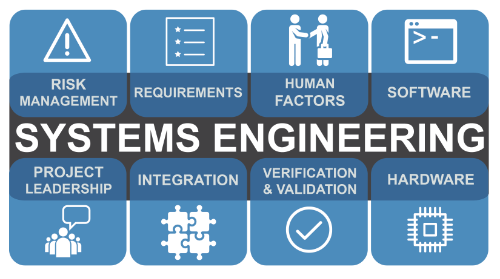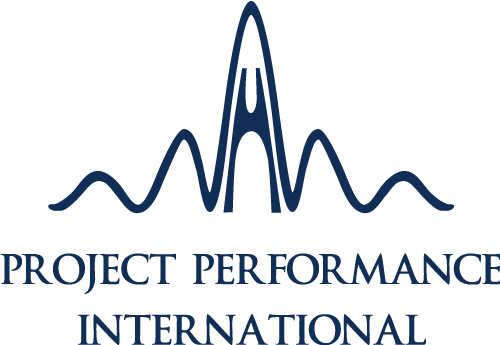Systems Engineering Tools Database
Welcome from the International Council on Systems Engineering (INCOSE) and Project Performance International (PPI) to the Systems Engineering Tools Database (SETDB). We hope that the SETDB helps you to find appropriate software tools and cloud services that support your engineering activities. In order to access the SETDB, you need to be an INCOSE member logged in to the INCOSE website, or a PPI alumnus, alumna or guest logged in to PPI’s Systems Engineering Goldmine website, from which you can navigate to a SETDB landing page without further login. This home page is mainly for the benefit of members of the engineering community who are not already members of INCOSE or account holders with PPI, to gain exposure to the SETDB. You can explore the live SETDB tool, tool vendor and tool categories lists from this page (see Explore SETDB with limited access below). This page also provides access for Tool Venders to register and list their tools, and login access for SETDB administration.
Login
Explore SETDB with limited access
You can browse the current lists of tools and tool vendors and you can explore the tool categories
Not a member yet?
SE tools database access is reserved for INCOSE members and PPI alumni and guests. Join today!

About Systems Engineering
Systems Engineering is a transdisciplinary and integrative approach to successful realization and evolution of engineered systems based on systems principles and concepts, together with technological and management methods, enabling beneficial use of the system and subsequent retirement. The approach aims to capture stakeholder needs and objectives and to transform these into a holistic, life-cycle balanced system solution that both satisfies stakeholder thresholds of acceptability, and maximizes overall system effectiveness in accordance with the values of the stakeholders.
The approach is proven to reduce costs, reduce development times and increase stakeholder satisfaction, regardless of the specific problem or opportunity being addressed, and regardless of the technologies of solution. As would be expected, the more complex the problem or solution, the more valuable systems engineering is. Systems engineering is widely embraced by leading technology-based organizations worldwide, is widely taught at Master’s level, and is increasingly appearing in undergraduate engineering degree programs worldwide.


